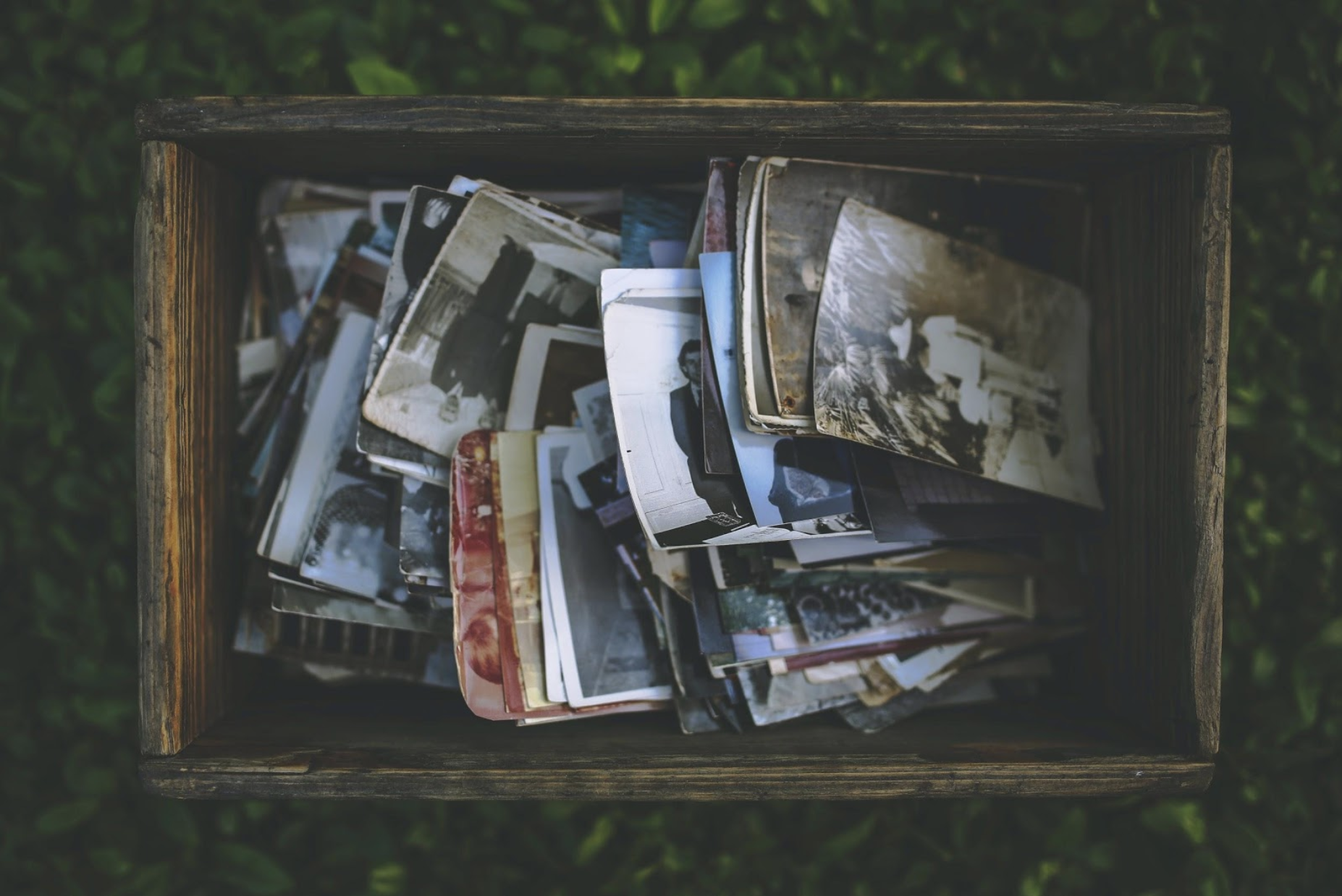Benefits of Journal Writing During a Crisis
The benefits of journal writing during a crisis are both immediate and long lasting.
Writing in a journal is one of the best ways that you can keep yourself occupied during a difficult time.
Is writing in a journal good for you?
Journal writing can result in immediate relief of the symptoms of stress and worry; expressing emotion by putting thoughts and feelings into words helps to keep anxiety and depression under control. Managing these symptoms results in a reduction in the production of stress hormones like cortisol and adrenaline that wreak havoc to the immune system.
Why should you keep a journal?
Another benefit of journal writing is the creation of a place outside of yourself to hold emotions. These feelings don’t have to be eliminated, if needed they can be held close, within reach, just outside of our bodies. When our emotions are held in, when they are not released they become somatized. Ignored and unexpressed emotion can be experienced as physical pain. Journaling helps to identify, connect with and extract strong emotions so that they do not make us ill.
What are the health benefits of journaling?
Keeping a journal has long term health benefits. Research shows that journal writing during a personal crisis or drama has a positive impact on a person’s physical health. In his groundbreaking research, James Pennebake proved journal writing boosted the production of antibodies and improved the immune systems of the participants.
Is it better to type or write a journal?
People wonder, “Is it better to type or write a journal?” Some expressions are better than holding things in, so if you have something you want to let out and only have your phone, then type away. But writing is better.
When writing in a journal it provides additional, but sometimes subtle, sensations, like the feeling of the grip of a favorite pen or the way the ink responds to different paper. These sensations increase your awareness and help you get out of your head.
Most of all a physical journal gives you a place to include sketches or doodles to the words you write and it is a place to explore the use of your non-dominant hand.
Journaling with the non-dominant hand provides access to the right side of the brain which specializes in emotional expression and intuition, when we write with our non-dominant hand, we use both sides of the brain and provides more efficient access to get to the heart of the issues we need to explore. Strong emotions and feelings can be released by drawing them out.
One of the Benefits of Journal Writing: It Helps Manage Anxiety and Depression
The following is an example of a simple journaling exercise developed for CoVid19:
If sheltering in place is making you feel boxed in, draw an image of yourself in a box. Then, writing with both the dominant and non-dominant hand, have a dialogue with the image. Something like this:
Dominant hand writes: What are you?
Non-dominant hand answers: I’m you stuck in a box.
Dominant hand writes: How do you feel?
Non-dominant hand answers: I feel shut down. I feel locked up.
Dominant hand writes: What’s making you feel this way?
Non-dominant hand answers: you are putting me in all of these different boxes and schedules. I’m tired. AND now I am stuck at home!
Dominant hand writes: How can I help you?
Non-dominant hand answers: I want to stop doing things that don’t fulfill me. I want to start exercising and painting.
So now you know you would like to start exercising and painting.
Maybe you have been going through old pictures. Maybe you found a photo that made you particularly happy. Why not honor that? Create a journal entry around that photo, maybe even include it. Make a copy and share electronically with others. You may even inspire them to start experiencing the benefits of journal writing for themselves.
You may want to have a journal dedicated to some aspect of your experience of Covid-19. A personal account of history in the making does not have to be time consuming or emotional.
The method does not have to be complicated for the benefits of journal writing to be evident. Even a chronicle type journal - a just the facts, ma’am - type of diary can help manage stress, because structure reduces anxiety.
Even without being aware of the benefits of journal writing, my great grandfather kept a diary. It looked like a very nice little black book, but it was actually a pocket calendar. He recorded something everyday - mostly was just the temperature with occasional specifics like- it rained. On a handful of days were a few more words: seeds in, later followed by 1 inch, or 4 inches, and peas sweet.
With hardly any words, I could envision my grandfather planting the seeds, measuring them, and entering the data in his book.
Sweet peas - a feast for my imagination. Was he standing in the garden, eating them raw? Or had my Grandmother cooked and served them - green peas on a blue and white plate, a bit of salt and fresh ground pepper, maybe a little butter?
How do I start journaling?
Wonder how the benefits of journal writing can help you? Curious how to start? Interested in learning more about how to integrate journaling into your current practice of self care? Feel free to contact me, and I will help you get started.


